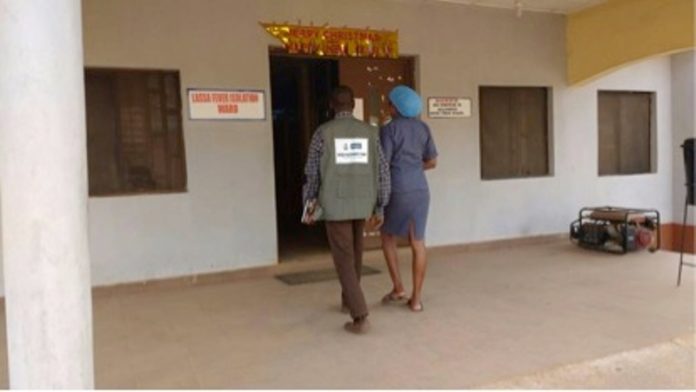
The number of new Lassa fever infections dropped to a record low of five this week, as efforts to control the outbreak continue.
It is the lowest number of cases reported in a single week since January, the Nigeria Centre for Disease Control (NCDC) said.
“This also marks the eighth week of continuous decline in new confirmed cases showing that the efforts to control the outbreak are bearing fruit,” said NCDC chief executive Chikwe Ihekweazu.
Health minister Isaac Adewole said he was pleased with the drop in new cases.
“However, now is not a time to rest on our oars. We will continue to intensify efforts to prevent, detect and respond to Lassa fever and ensure that Nigeria plays a leading role in the global efforts to tackle this disease,” Adewole said.
Despite the reduction in cases, the period of highest risk of Lassa fever has not passed, NCDC warned.
Improved surveillance has helped detect “new sporadic cases” in Abia and Adamawa, and prompted reinforcement of control measures.
Moves are on to review and harmonise protocols to diagnose and treat Lassa fever.
NCDC and Irrua Specialist Teaching Hospital are to train health care workers nationwide starting May to manage patients with Lassa fever in efforts to build a “critical mass” of health workers to handle outbreaks.
But the centre emphasises prevention
“Prevention relies primarily on promoting good community hygiene to discourage rodents from entering homes,” said Ihekweazu.
“Other effective measures include storing grains and other foodstuff in rodent-proof containers, proper disposal of garbage far from the home, and maintaining clean households,” he said.
“All foods must be cooked thoroughly, and family members should always be careful to avoid contact with blood and body fluids while caring for sick persons. When symptoms similar to Malaria are noticed, visit the nearest health facility and insist on a rapid diagnostic test from the healthcare workers.























